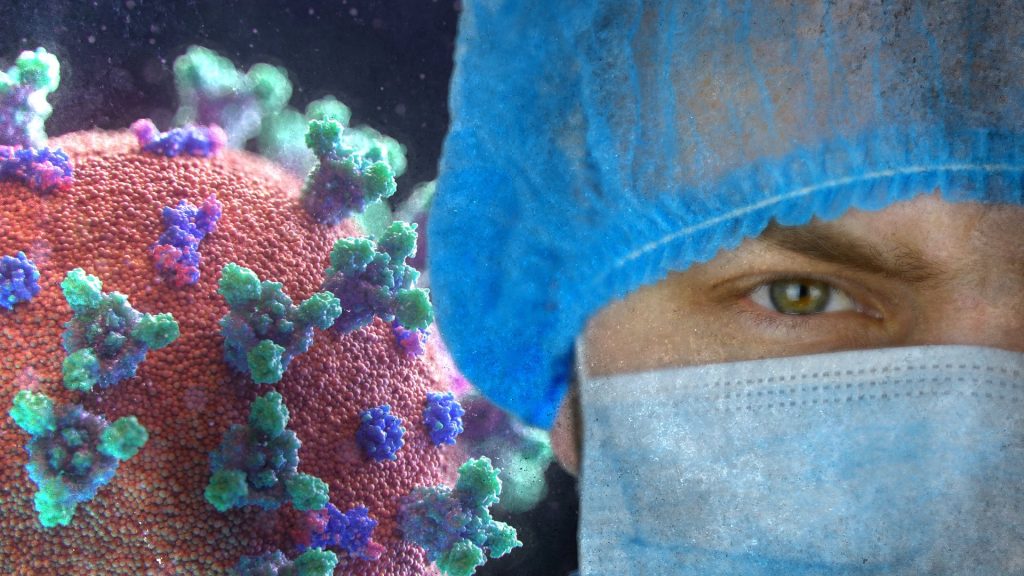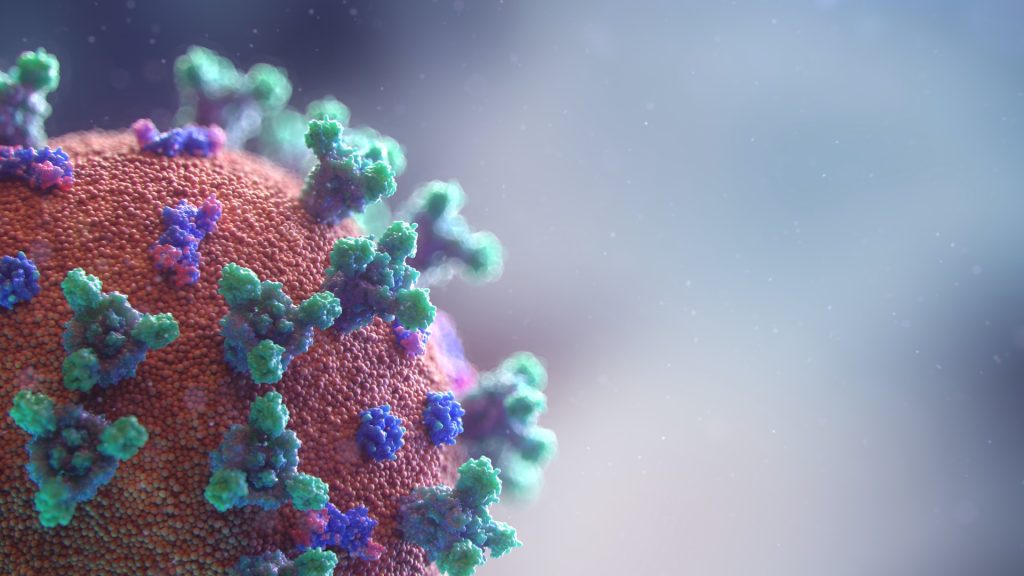Paxlovid Ramped up and No ‘Red Flags’ for Omicron Yet

In the face of a renewed global surge in COVID cases, Pfizer has ramped up production of Paxlovid, even while the efficacy of Merck’s molnupiravir appears to be less than believed.
Pfizer is now expecting to make 80 million courses of Paxlovid by the end of 2022, Pfizer CEO Albert Bourla told CNBC, a significant increase over its earlier planned capacity of 50 million courses.
This news came after Merck reported the risk reduction in hospitalisation and death from its COVID antiviral, molnupiravir, fell from 50% in the interim analysis to 30% in the final analysis. The reduction came after results were updated with participants that became evaluable after the interim analysis. This drop has led to predictions of increased demand for Paxlovid, which has shown an 89% risk reduction in outpatients.
The increase in production comes just in time to fight the Omicron variant, for which South Africa is now better prepared, according to experts.
‘No red flags’
According to Professor Salim Abdool Karim, director of the Centre for the Aids Programme of Research in South Africa, the numbers appear to be on the rise across all continents, but as yet there are “no red flags” he said.
Omicron has been identified by South African scientists as a major driver of the spike in cases in Gauteng.
“We have been amazed at how fast the numbers are going up,” he said. “But we were not caught with our pants down. We expected and prepared for a fourth wave. [The scientists] gave us the best fighting chance by giving us information early. We didn’t know exactly when it would come and what it would look like,” Prof Karim said, speaking to the Daily Maverick.
While a number of mutations enable the variant to escape immunity, a clear picture of Omicron’s nature won’t emerge for two to four weeks, he cautioned.
Speaking about travel bans imposed on South Africa by Mauritius, Rwanda, Egypt and the Seychelles, President Cyril Ramaphosa said ahead of a West African tour: “I am concerned. Out of due respect to them, they have their own reasons. We would like to have a discussion with them in a way we prefer that they do not react like our former colonisers who are very quick to close Africa down,” Ramaphosa told journalists.
EU accelerates child vaccinations
EU President von der Leyen has said that vaccines for children aged five to 11 will be available in the bloc by December 13, a week ahead of schedule and that she is pushing for the consideration of mandatory vaccination. This comes amidst news that Omicron was detected in the Netherlands before its first detection in South Africa. Meanwhile, in Asia, South Korea has reported its first five cases of Omicron.




